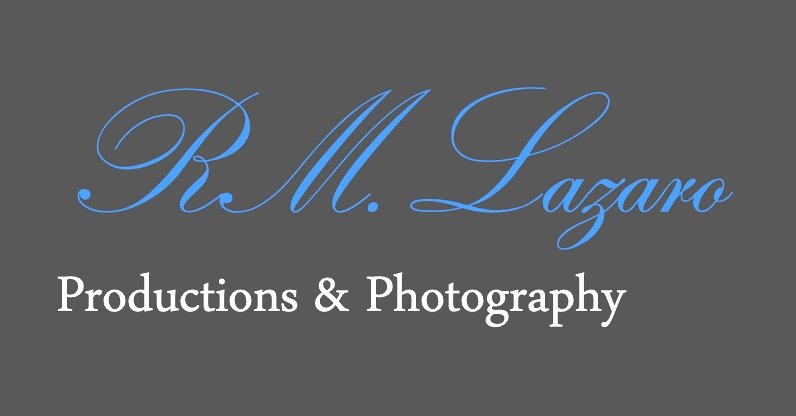Teaching Philosophy
The creation of a theatre performance requires a deep understanding of history, literature and sociology of its artists. The practice of teaching theatre requires innovative pedagogy and methodology. “Traditional” methods used in large lecture courses are rarely effective in teaching technical theatre courses so alternative methods must be explored.
When developing a lesson plan, I focus on the idea of what skills and concepts students must gain from a class and how they can apply the knowledge outside the classroom. Technology and design courses are often skill based focusing on research, garment construction, carpentry, electrical wiring, historic & content research, engineering, time and personnel management, quick practical problem solving, artistic rendering, communication, financial accounting, mathematics and development of self-confidence. The skills learned in classes are practiced in the “laboratory” that is the creation of a theatrical production.
It is exciting and rewarding when all of the lessons come together to create the artistic and technical aspects of a production. Through the production experience, students come to realize how each class lesson is vital to the success of “their production”. Theatre is a highly collaborative art form, but each participant acquires an “ownership” requiring great responsibility. Success with this responsibility can create confidence throughout all other aspects of a student’s life. Through the process, they understand how their own contributions, large or small, make a huge difference in the final product.
After each production experience, I ask students to write a reflection paper. Student’s newfound confidence abounds and they clearly describe how they discovered talents in themselves they never knew existed. It’s very rewarding to read the papers and understand their pride in how their work aided the production.
I have not always been a formal educator. Before coming to the University, I worked in professional regional theatre. Early in my professional career, I benefitted from strong and clear mentorship from experienced designers and technicians. As I gained experience, I learned to serve as a mentor for less experienced colleagues. I am happy to bring a wide range of professional experience to the classroom. As an educator and mentor, I continue to investigate new ideas and teaching methods. I eagerly attend professional workshops and master classes at national and regional conferences and conventions and bring new information learned to my classes at TAMUCC.
I have discovered ideas that work in the training and teaching of young pre-professionals. One-on-one mentoring is essential to student’s growth and development. A strong relationship between the student and the educator is vital and demonstrates that I am fully invested in their training and education. The student gains confidence through practical application of techniques and ideas learned in the classroom applying them in University productions and knows that I am always nearby to provide advice, consul and back up.
As students gain experience, it is valuable to place them in supervisory or mentoring roles. Students must have opportunity to design or serve as supervisors for productions. They must be allowed to speak for themselves and use the skills they have learned in the classroom or in previous productions.
Students become mentors to their fellow students as their experience increases. When they have the rewarding opportunity to pass knowledge on to more junior colleagues, they hone communication skills and gain confidence in their own knowledge.
I encourage students to pursue professional employment and internships during the summer and actively assist them in doing so. Summer internships and work experiences are critical to student's development and confidence and create an important link between education and the real world.
I see the success of my teaching through my student’s activities. I observe them applying the methods, techniques, and communication skills they have learned in my classroom or studio to each new production at the University. I see them succeed in the world of professional theatre, the high school classroom or the boardroom—they use their newfound skills wherever their career leads.
